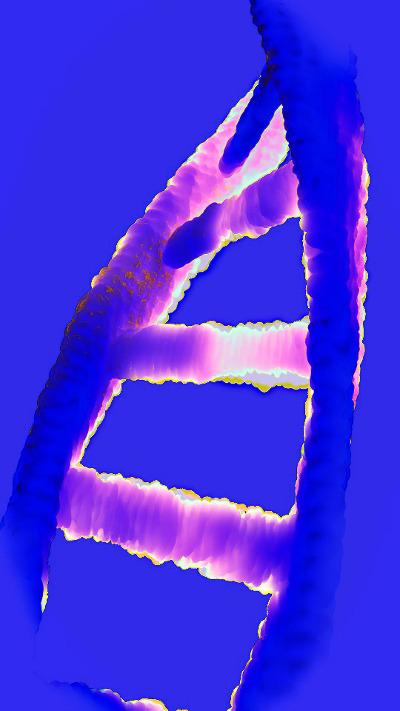DNA trained to duplicate strains
 Scientists have created entirely new biological compounds using a man-made genetic code.
Scientists have created entirely new biological compounds using a man-made genetic code.
Efforts to build a semi-synthetic organism that can both store and retrieve unnatural, man-made genetic information has been reported in the new edition of the journal Nature.
The experts behind the ground-breaking project say the bacterium could serve as a platform for the creation of new proteins and functionalities.
Our genetic code is made of four nucleotides, adenine, cytosine, guanine and thymine, which pair to form the rungs of the DNA double helix.
In 2014, researcher Floyd Romesberg and colleagues described a semi-synthetic strain of the common bacterium E.coli that incorporated an extended genetic code containing two unnatural nucleotides, in addition to the four natural nucleotides that pair to form the DNA double helix.
The bacterium could maintain and reproduce the altered genetic code, but it was unclear whether the unnatural nucleotides could be used to encode protein like normal DNA.
Dt Romesberg and co-authors have now shown that the bacterium transcribes and translates the unnatural nucleotides, with the same efficiency as the natural nucleotides.
This means that it can indeed synthesise protein containing unnatural amino acids.
They show that the semi-synthetic organism is able to make protein that contains unnatural amino acids with no loss in efficiency in comparison to natural proteins.
Creating organisms that are designed to make modified, non-natural proteins has been a long-standing goal of synthetic biology. This research paves the way for scientists to engineer new proteins with unnatural amino acids, and provides a route to making novel therapeutics, plastics and other materials.







 Print
Print